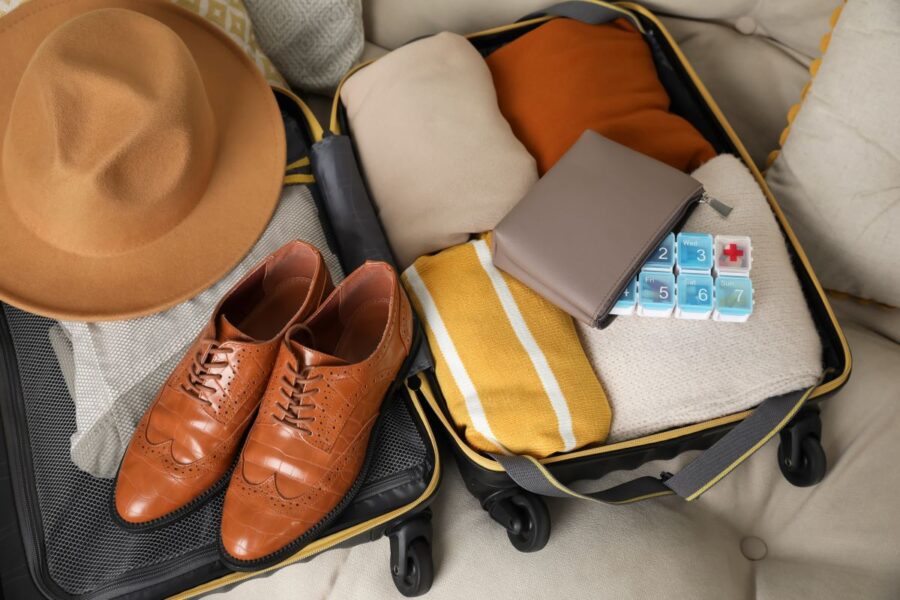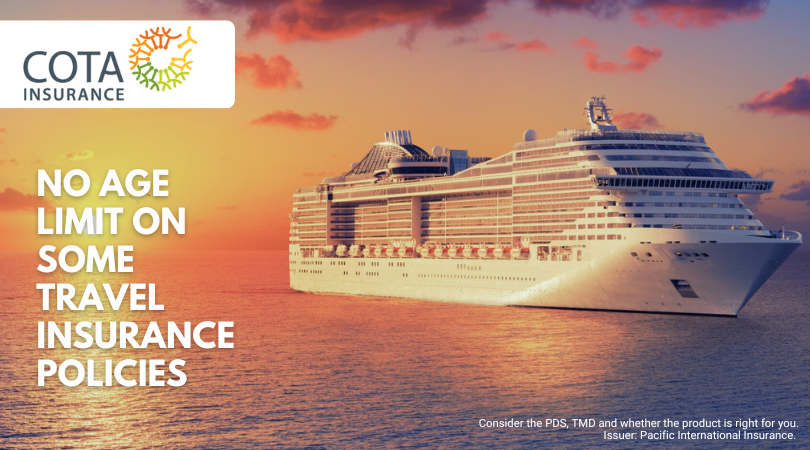Packing medication for your overseas trip
What you should know about travelling with medication overseas before you go.
Recent baggage delays globally have resulted in many travellers being left without their luggage and in some cases their life saving medication. It’s put a spotlight on the complexities of travelling with medication. And highlighted how travel insurance may be able to help.
Tip 1 – Always take your medication, or medical equipment, on-board with you
Pack it with you: You should always pack your medication in your carry bag with you onto the plane. Not in your checked bag. Be aware in some cases travellers have been forced to check their ‘carry-on’ cabin bag at the gate. Therefore it’s best to pack it into your backpack or handbag with you if you can.
Tip 2 – Bring extra supplies of your medication in case you’re delayed
There are so many things that can delay your return home. We suggest travelling with extra weeks worth of any critical medication for your health.
Tip 3 – Checks on your medication you should do before you go
It pays to plan ahead and prepare in case you run out of your medication while overseas. You should consider before you go:
• Travel insurance: many travel insurance providers, may offer 24/7 Emergency Assistance. Depending on the urgency of the situation, these teams may be able to help you find local or telehealth facilities, or get medication prescribed and couriered to you.
• Your local doctor: if you don’t have travel insurance, speak to your doctor before you go about the options they may have to help you if it’s needed.
• Local medical facilities: you can also attend local medical facilities and see if they are able to help. If you have travel insurance, you may be able to claim back the costs of emergency medical treatment.
Tip 4 – check your medication is legal at your destination
The rules are different overseas which means your medication might be legal in Australia, but illegal in another country. Potentially leading to fines, confiscated medication, or worse… getting arrested and jailed.
• Check your medication’s status: start by contacting the consulate or embassy of the country/ies you are heading to or through for a list of what is or isn’t legal. Even if you’re transiting you must comply with local laws and that means not carrying drugs through a country where the medications are illegal.
• Find an alternative:- if you find your medication is illegal in the countries you’re visiting, talk to your local doctor about alternatives they can prescribe.
Whatever you do – do not risk taking medication you know is illegal in the country you are heading to. If that is the case and you have no alternatives, then you should seriously reconsider your need to travel there.
Contact COTA Travel Insurance today to get a quote for Travel Insurance policy via our website or speak to one of our friendly staff by calling 1300 1300 50.
Interested in similar articles? Why not check these out:
Travel insurance for cruise trips
When to book your travel insurance
Insurance and Membership Services Limited ABN 59 057 159 743, AR 246235 trading as COTA Travel Insurance is an authorised representative of nib Travel Services (Australia) Pty Ltd, ABN 81 115 932 173, AFS Licence No 308461 and act as nib’s agent and not as your agent. This is general advice only. Before you buy, you should consider your needs, the Product Disclosure Statement (PDS), Financial Services Guide (FSG) and Target Market Determination (TMD) available from us. This insurance is underwritten by Pacific International Insurance Pty Ltd, ABN 83 169 311 193.











